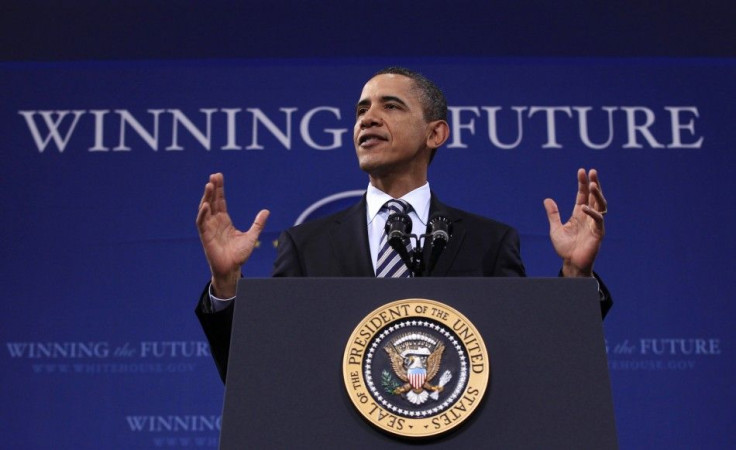ITU: Because Of Smartphones, The World Needs More Spectrum

If the International Telecommunications Union (ITU) has its way, a global adoption of an initiative resembling President Obama's National Broadband Plan could be in the works.
The organization, which is an agency of the United Nations, is calling for the international support of mobile broadband growth. In order to avoid certain bottlenecks, the ITU says countries need to adopt fibre roll-out and greater spectrum availability plans. Recently, U.S. President Barack Obama, unveiled such a plan that would add spectrum and make high-speed wireless coverage available for 98 percent of Americans.
Robust National Broadband Plans that promote extra spectrum and the faster roll-out of the fibre networks which are essential to mobile backhaul are vital to support the growing number of data-intensive applications, said ITU's secretary-general Dr Hamadoun Touré, in a statement.
The urgent need for more spectrum comes from the rise of smartphones. The ITU says smartphone users already consume on average five times more data capacity than users of ordinary mobile phones. According to the ITU, the number of smartphone users will increase from 500 milllion handsets today to two billion in 2015. Operators, the organization says, are already employing multi-pronged strategies to keep up with demand.
Mobile operators have been investing billions to upgrade and improve the capacity and performance of their networks, but in some high-usage cities, such as San Francisco, New York and London, we are still seeing users frustrated by chronic problems of network unavailability, Dr Touré said.
Already, 98 countries and counting have National Broadband Plans in place, and the ITU would like to see more. Dr. Touré began the Broadband Commission for Digital Development last year. The group has seeked to highlight the need for governments worldwide to promote broadband and push network roll-out more proactively.
One of the major problems, the commission says, is in developing countries. In 2010, 73 per cent of total mobile cellular subscriptions were from the developing world. As it's the choice for increasingly for hundreds of millions in the developing world, the ITU says where fixed line infrastructure that supports it is often sparse and expensive to deploy.
To contact the reporter responsible for this story call (646) 461 6920 or email g.perna@ibtimes.com.
© Copyright IBTimes 2024. All rights reserved.











